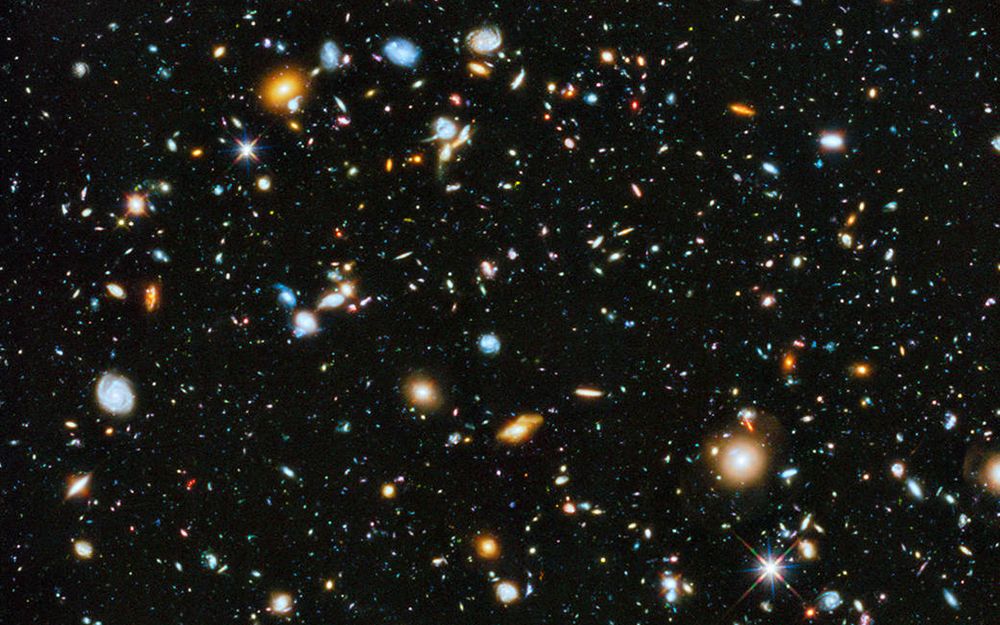The universe is filled with billions of galaxies and trillions of stars, along with nearly uncountable numbers of planets, moons, asteroids, comets and clouds of dust and gas – all swirling in the vastness of space.
But if we zoom in, what are the building blocks of these celestial bodies, and where did they come from?
Hydrogen is the most common element found in the universe, followed by helium; together, they make up nearly all ordinary matter. But this accounts for only a tiny slice of the universe — about 5%. All the rest is made of stuff that can’t be seen and can only be detected indirectly. [From Big Bang to Present: Snapshots of Our Universe Through Time].






